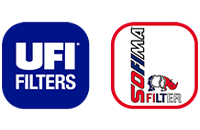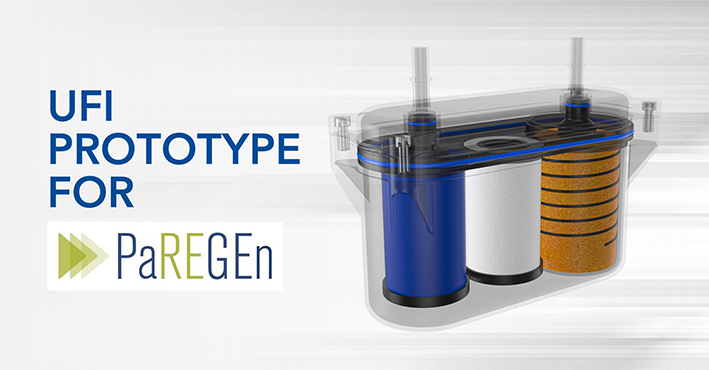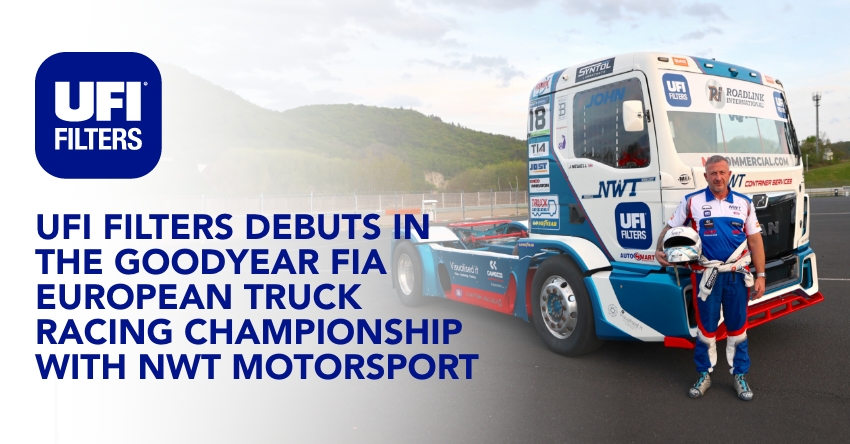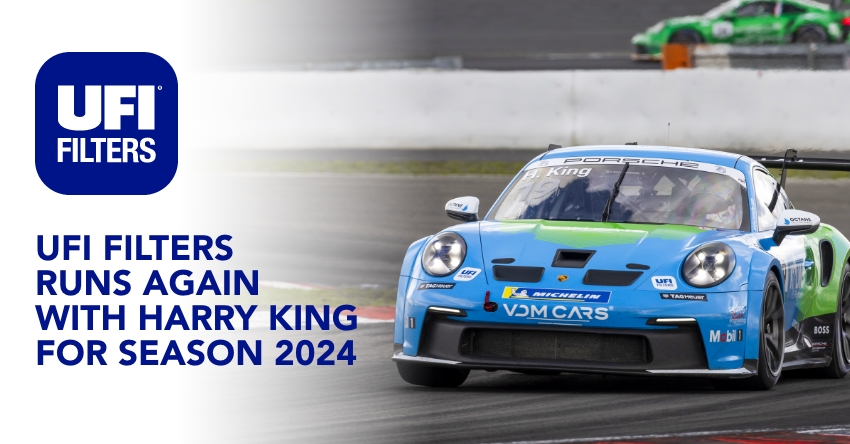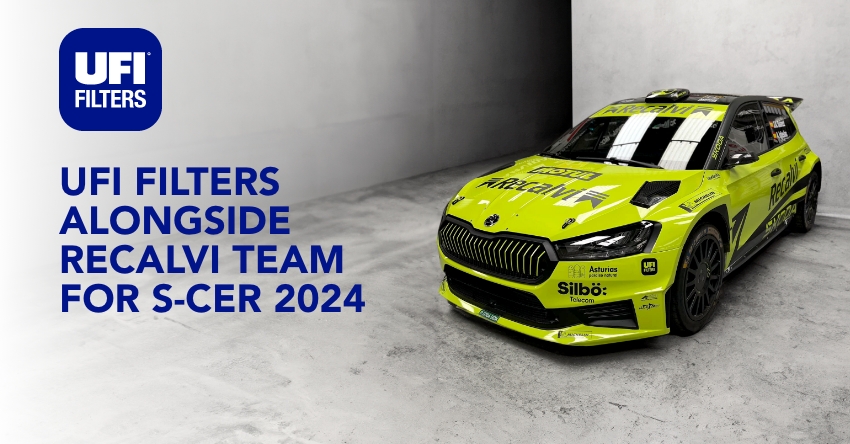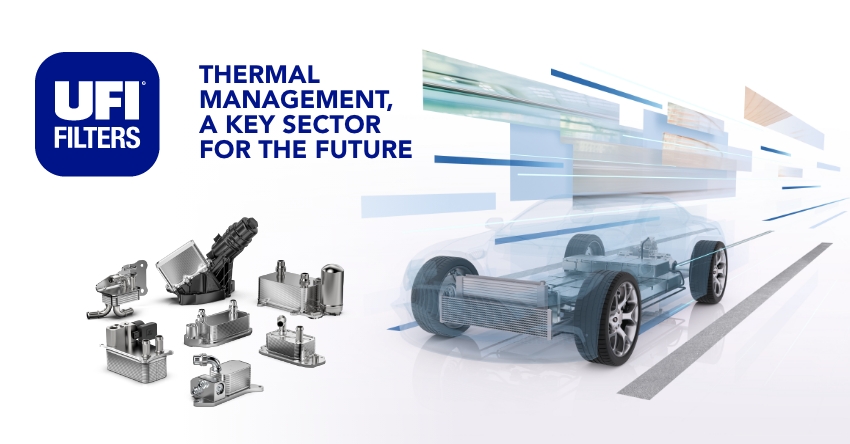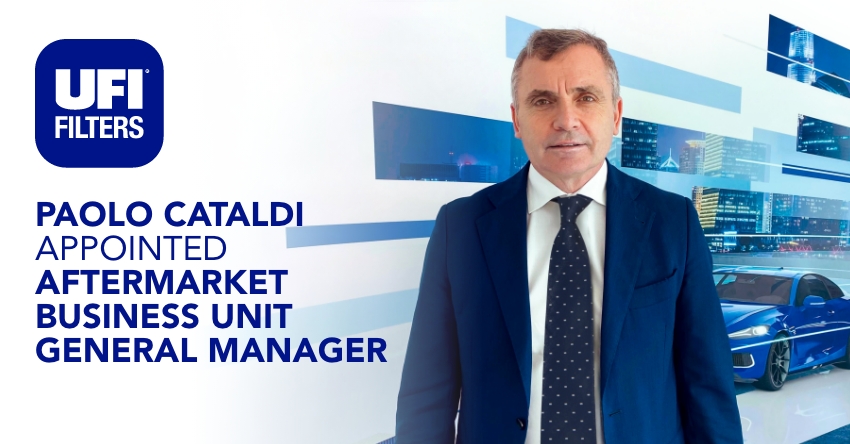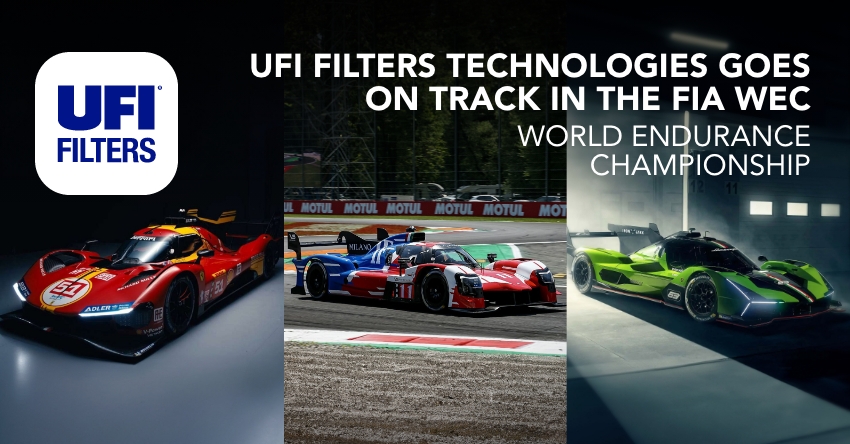UFI Filters, which has always been a pioneer in the design and production of new filter systems, has developed a new technology that will be used in systems to reduce carbon dioxide emissions in petrol engines at its Research and Development Centre, the UFI Innovation Centre, in Italy. The prototype was presented at the final event of the PaREGEn (Particle Reduced, Efficient Gasoline Engines) and PEMs4Nano (Portable Nano-Particle Emission Measurement System) projects held on 12 and 13 November in Santa Oliva, Barcelona, Spain. These projects have been financed by the European Union to develop new injection engines capable of reducing CO2 emissions and improve emission monitoring systems.
Water is injected into the combustion chamber of endothermic petrol engines which reduces fuel consumption and limits NOx emissions. The UFI Filters filtration system treats the water that is extracted from the exhaust gases with a condensation system, since water is one of the main products of combustion and exhaust gases are full of it. The filtration system developed by UFI Filters treats the water by blocking the solid contaminants that risk damaging the injection system and the engine and eliminating the chemicals that could prevent them from working properly.
The UFI Filters Group once again confirms its position as a pioneer in the development of alternative power supply technologies that protect the ecosystem.
PaREGEn in brief: PaREGEn is an international European consortium made up of 17 major companies including Jaguar, Land Rover, Daimler, Bosch, and research organizations in various fields of the car industry. The aim of the “PaREGEn” consortium is to study a new generation of petrol direct injection engined vehicles in order to achieve a 15% reduction in CO2 emissions through the optimal combination of advanced engine and robust aftertreatment technologies.
Modelling and simulation software will be used to improve engine performance. Two demo vehicles, a Mercedes E180 and a Jaguar XE, that comply with the latest Euro 6 RDE requirements will be used.
